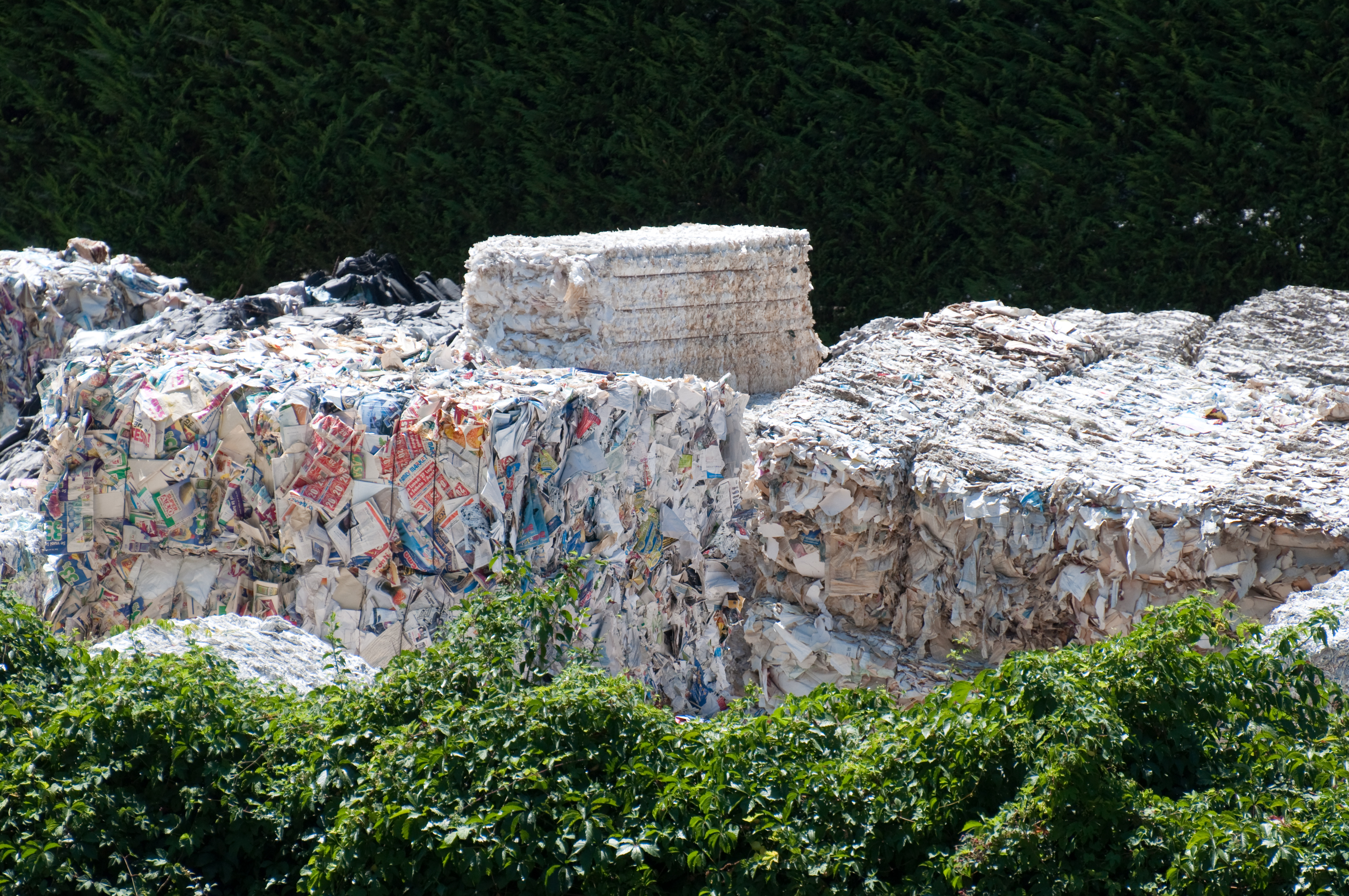The following post was made by Rochester NY native, Susan Kinsella of Conservatree:
People often ask me if recycled paper is really that much better for the planet than paper without recycled content. New Leaf Paper released a new life cycle analysis (LCA) earlier this month at the Sustainable Brands’ New Metrics conference with MIT that found that their recycled paper, Reincarnation 100, was found to have less than one percent of the impact regarding global climate change and ocean acidification as comparable virgin fiber papers.
The LCA, conducted by SCS Global Services, compared New Leaf’s 100% post consumer recycled coated paper, Reincarnation 100, to three specific alternatives made with virgin wood fiber, using a new LCA standard designed to improve accuracy, transparency and comparability. The study relied on actual mill data when available, public data reported to US EPA and DOE on the actual mills included in the study, and local data whenever possible.
It goes into far greater depth on forest impacts than any previous LCA study, and includes impacts never before tracked, such as lost greenhouse gas sequestration over the decades required for harvested forests to regrow, and the wide array of endangered and threatened species affected in the forests harvested for the particular mills studied.
Among its key findings, the LCA showed that Reincarnation 100 provides exceptional environmental performance for almost all impacts, with the lowest impact levels for almost 150 categories. Note that these low impact levels for recycled paper were similar even when compared to virgin fiber papers certified to sustainable forestry programs. This indicates that, while sustainable forestry certification is essential for any virgin fiber in the paper, adding recycled content gives a huge boost to further reducing the paper’s production footprint.
There were mixed results for six impact categories, with recycled paper impact levels lower than virgin paper from some mills, yet higher than other mills. Reincarnation 100 had higher impact levels for only two categories out of over 150 that were examined, and both of these were actually impacts from the upstream sources used to generate electricity for the U.S. energy grid, not impacts from recycling. Since the deinking pulping process does not produce the large percentage of wood waste generated by virgin fiber chemical pulp mills, which the virgin paper mills then use to co-generate some of their energy, a recycling mill must rely on electricity available from the grid.
As chair of the critical peer review panel, I particularly appreciated how rigorous, comprehensive and transparent this study is. In particular, I am most proud that we on the review panel insisted that it also be written in language that would be accessible to readers without a technical background in the paper industry. I think they did a good job with that.
For a copy of the report, see http://scsglobalservices.com/resource/lca-of-reincarnation-100-coated-freesheet-paper-compared-to-virgin-paper-baseline
-Susan Kinsella
Photo source: https://en.wikipedia.org/wiki/Paper_recycling

